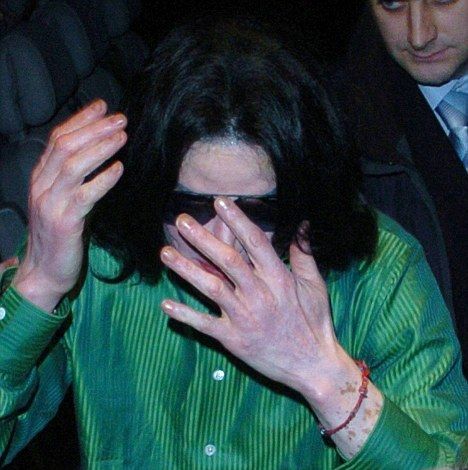1个月不吃甜食会怎样?竟然性情大变
|
In neuroscience, food is something we call a "natural reward". In order for us to survive as a species, things like eating must be pleasurable to the brain so that these behaviours are reinforced and repeated. Not all foods are equally rewarding, of course. Most of us prefer sweets over sour and bitter foods because, evolutionarily, our mesolimbic pathway reinforces that sweet things provide a healthy source of carbohydrates for our bodies. Anyone who knows me also knows that I have a huge sweet tooth. My friend and fellow graduate student Andrew is equally afflicted, and living in Hershey, Pennsylvania – the "Chocolate Capital of the World" – doesn't help either of us.
But Andrew is braver than I am. Last year, he gave up sweets for Lent. "The first few days are a little rough," Andrew told me about his sugar-free adventure last year.“ "It almost feels like you're detoxing from drugs. I found myself eating a lot of carbs to compensate for the lack of sugar." In short, this means that repeated access to sugar over time leads to prolonged dopamine signalling, greater excitation of the brain's reward pathways and a need for even more sugar to activate all of the midbrain dopamine receptors like before. The brain becomes tolerant to sugar – and more is needed to attain the same "sugar high". But after 40 days, it's clear that Andrew had overcome the worst, likely even reversing some of his altered dopamine signalling. "I remember eating my first sweet and thinking it was too sweet," he said. "I had to rebuild my tolerance." |









